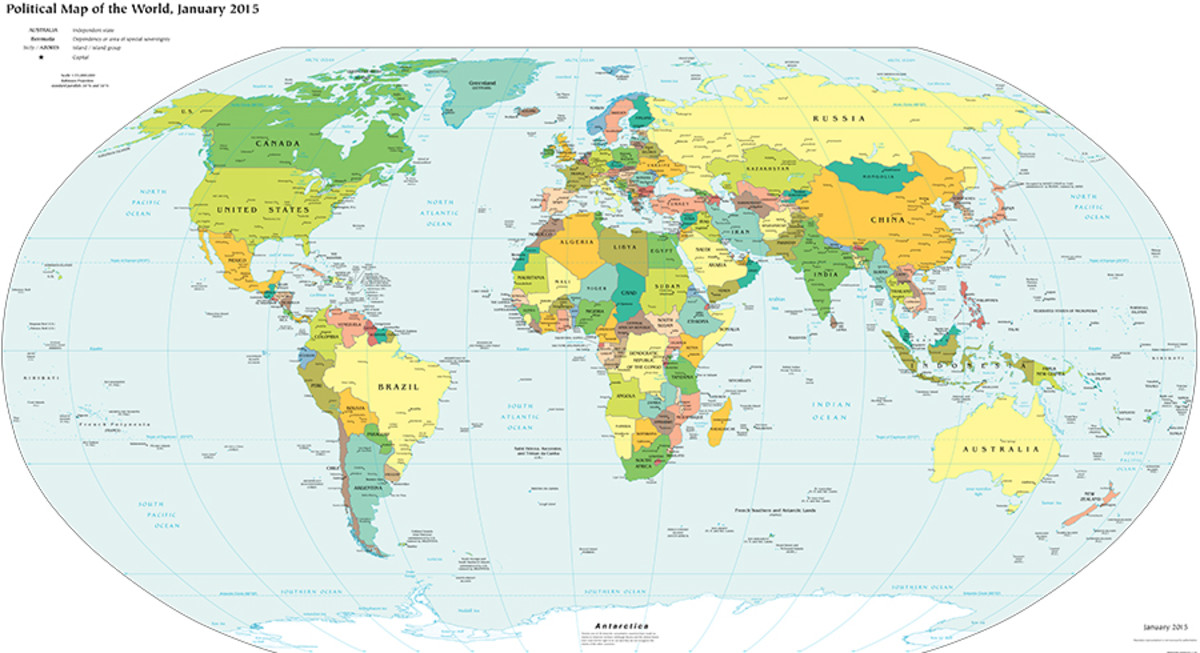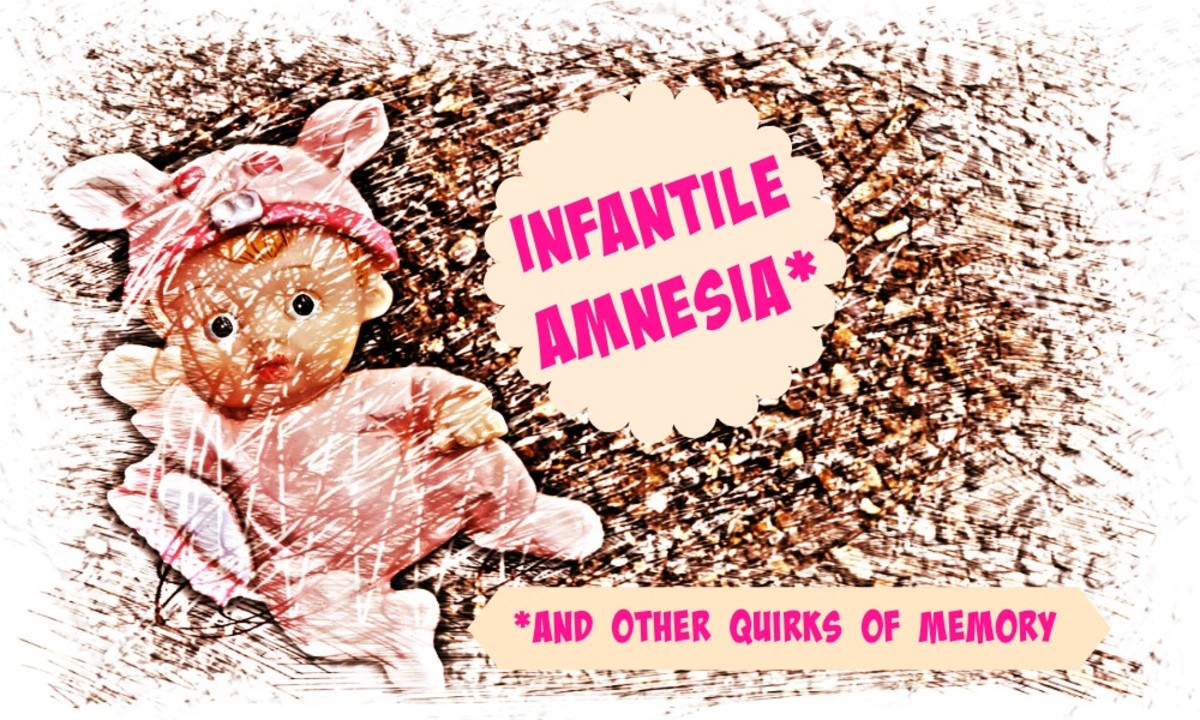Is Language, for Communication?
Among all contraptions man has made, language stands out as the one understood most clearly, and that too in indisputable terms, by each one of us. Is it so?
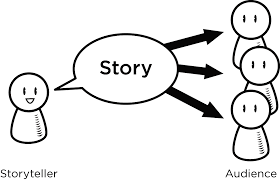


What is It?
And it is generally understood as a systematic means of communicating by the use of sounds or conventional symbols. We identify language as something that is closely linked with our life. We link our awareness and the ultimate delight or achievement to its presence. We invoke language in all our affairs. Whether to please or to nag, to applaud or to boo or to scold or to acclaim, no other human contrivance is of greater avail than language.
What We Do with It
However, this is also a fact. Much of the disturbances, hatred and violence or other unpleasant happenings in our midst wouldn’t have been there, had our understanding and use of language been different. Also, our history would have been free of many chapters recounting events of considerable hostility between societies, hatred, pain and suffering, not to mention of the good that would have resulted from aiming our effort towards something not so destructive.
What then is the need of a language, if not for communication?
As a first step towards an answer, assume, there is no language. (By language, I mean a structured system of symbols, with associated rules, grammar etc.) What handicap do we face? What can’t be attempted by us?

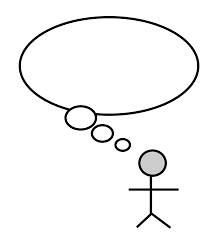
What we Can't, Without It
It is not difficult to see that it is possible to continue with almost all the functions served by languages using some other human capability. Like, for communicating ideas, signs and actions can be of great help. In fact even when we use language for communicating with others, it is the concurrent use of signs, actions, or expressions that ultimately result in conveying the exact meaning. This is true when it comes to signaling, showing, or acknowledging emotions as well. Therefore, in the primary sphere of its use, absence of language need not pose an insurmountable problem.
But we are at a loss, when it comes to another sphere of its use, an important activity of humans, thinking. In the absence of a language it becomes impossible to think, imagine, or form a mental picture. Language, thus can be identified more appropriately as the medium in which we think. And it goes without saying, the greater the ability of this medium to enable sublime or worthy thoughts, the more exalted and noble, our notions and beliefs.

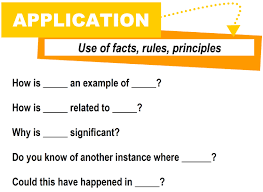
Language, and Thinking
The above inference had also been reached earlier by many philosophers, a notable one being Dr Susanne Langer, who in her books, ‘An Introduction to Symbolic Logic’ and ‘Philosophical Sketches’, dwells deeply on the role of language as a means for collection and processing of logic, through symbols. As elaborated in these books, the primary purpose of language is to think. In this book, the notable fact that in a sizeable number of Nobel prizes awarded so far, the research work leading to the invention or discovery was conducted using a particular language, German, has been specially mentioned. This is true even for Nobel awardees from countries other than Germany, like USA or UK, who conducted their research in attachment with the ‘German’ chair of their respective institutions. The author attributes this to the capability of that particular language in forming new words, expressions, dependencies, and the interconnections with significant ease. It then bombards one constantly with fresh thoughts and ideas, a staple diet for all creative thinkers.
The bestseller 'Thinking Fast and Slow' by Kanheman can show that all forms of life engage in thinking fast, while we only, are capable of 'thinking slow'. This is so, since language, which makes thinking possible, exists as a part of human race.
Check your 'LQ', where do you stand?
Language is needed for
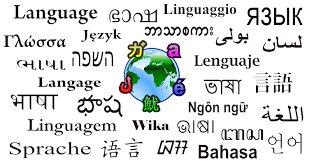
Where we Go Wrong
We are in fact belittling language by terming it merely as a means of communication. We are not selecting a language based on its appropriateness as a medium of thought. We only look at the ease of communication. By not taking our mental transactions into account, or not establishing its suitability for thought, we are making two serious mistakes.
One, we are losing whatever good that would have resulted from the involvement of a huge population, in the activities involving cognitive transactions. Moreover, we are more or less forcing each one to think within the constraints of a language chosen for one. (Thinking, being an independent activity of each one, would have been going on in such a manner that each one happens to use a tongue most suitable to oneself, that is, the language in which one is most comfortable. The large proliferation of languages in the world, in fact is a proof of this. Also, if language had anything to do with communication, so many languages wouldn’t have developed, making, communication a nightmare. That too, unlike all other species of life)
Two, we are seeding possibilities of collisions and skirmishes, as individual preferences for communication, and the ease of expressing one's thoughts, need not be the same for all. (Such results are already visible in our society) Many a time, after we put our thoughts out in a language only, we realize, we didn't exactly mean so. The unpleasantness we constantly encounter, though an unjustifiable reaction to what we meant, could have been a fitting response to what we said.
Shouldn’t we be more rational in choosing a language, at least for the coming generations?



